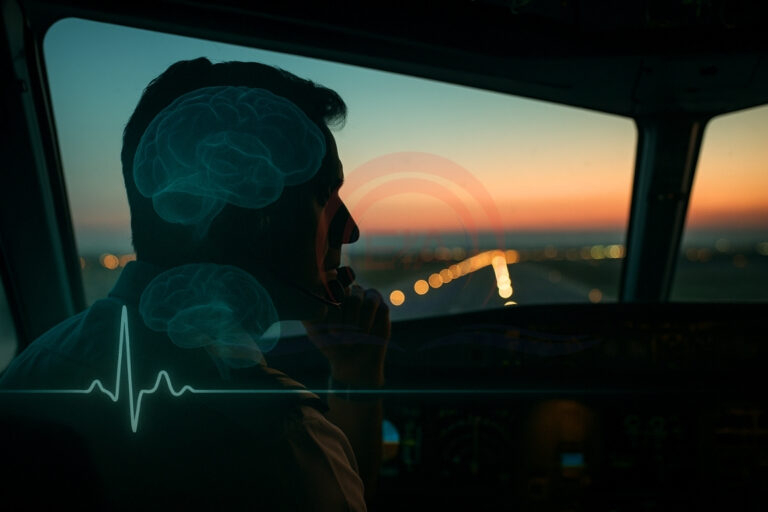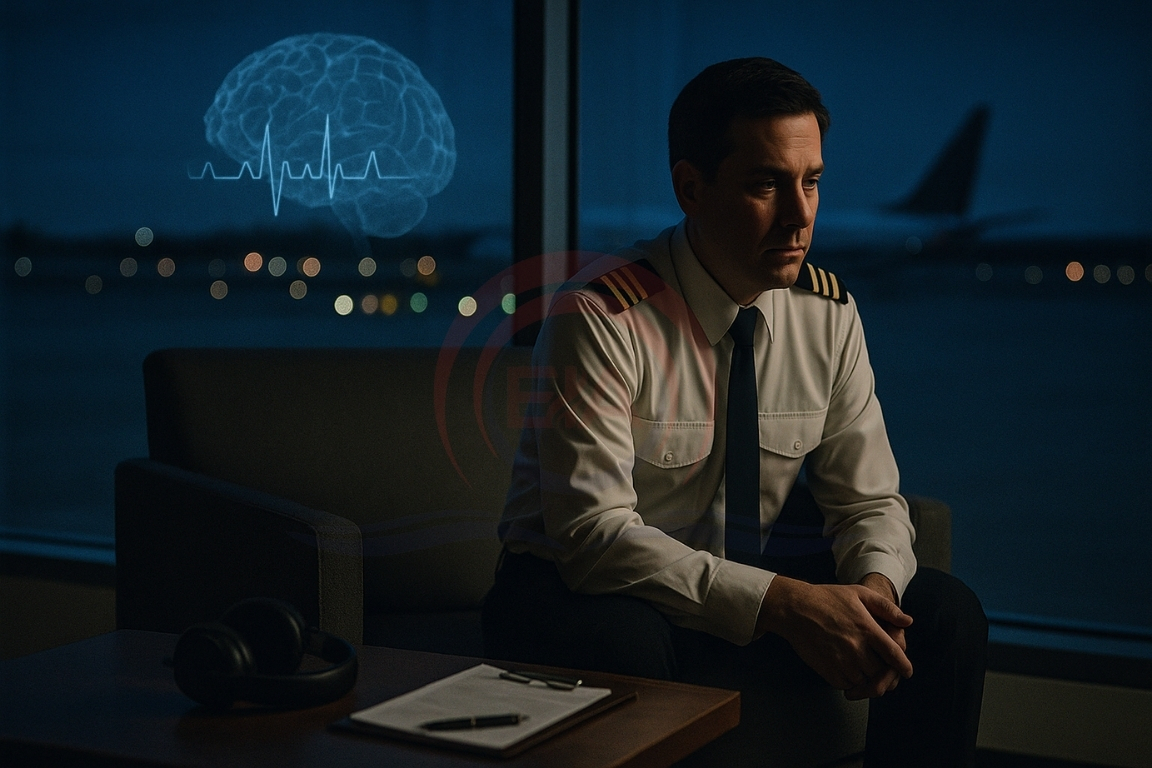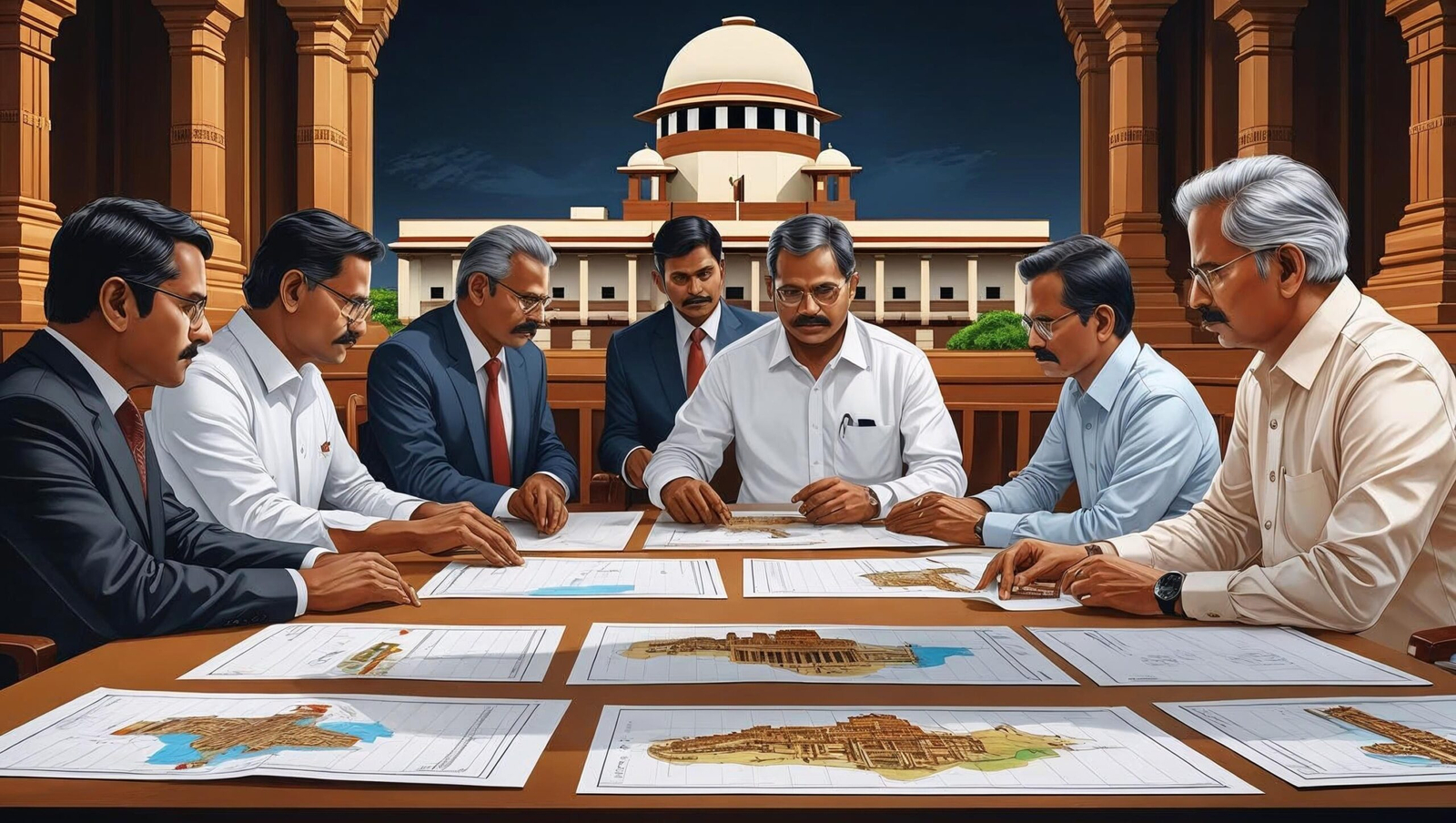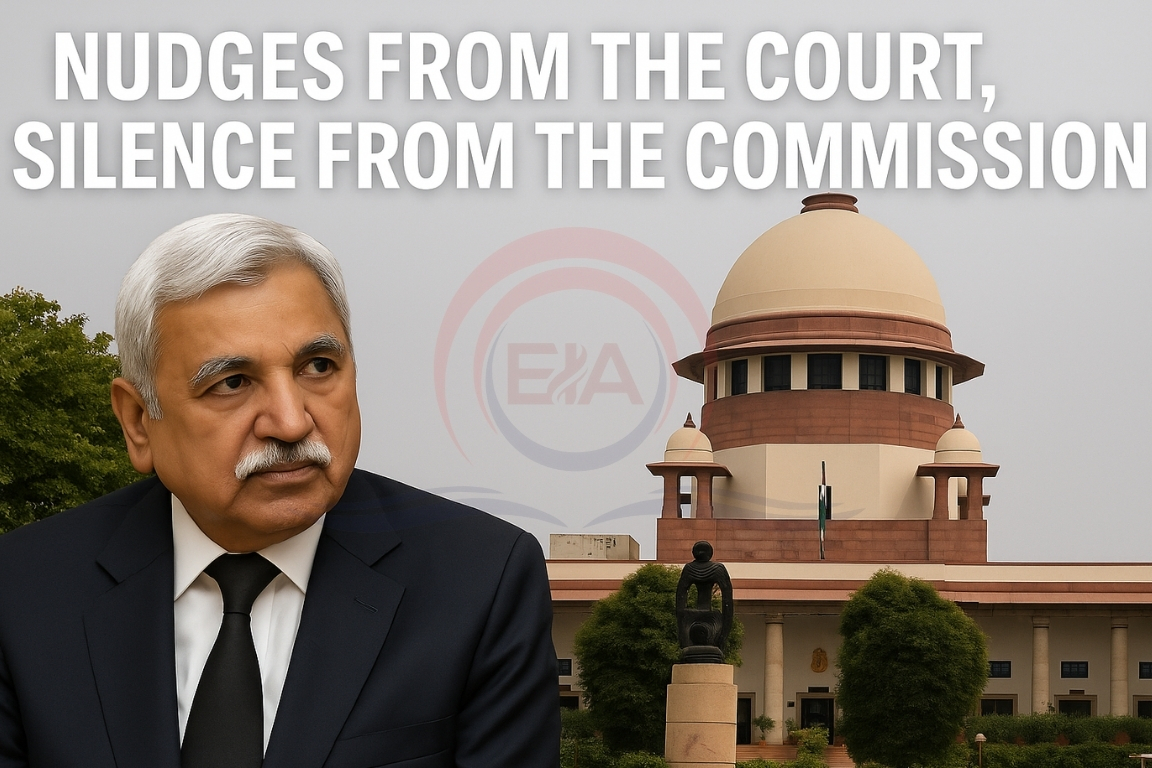The recent Air India crash and growing mental strain among pilots have highlighted the need for stronger support systems for aviation professionals. Concerns are rising over pilots avoiding mental health treatment due to fear of losing their jobs or flying licences.
Why the Issue Matters
- Despite better awareness post-COVID, pilots often avoid reporting mental stress like anxiety or burnout.
- Fear of being declared medically unfit or grounded is a major reason.
- Recent events, including a crash and emotional trauma among colleagues, underline the urgency for reforms.
Challenges Faced by Pilots
- Unpredictable Schedules: Last-minute roster changes, night flying, and time-zone shifts disrupt sleep and personal life.
- Work-Life Imbalance: Strained family ties and missed personal events are common, contributing to emotional fatigue.
- Stigma and Fear: Seeking therapy could result in suspension or delay in re-approval to fly, discouraging pilots from asking for help.
- Regulatory Gaps: Medical assessments lack clarity on how mental health concerns are evaluated or acted upon.

What Deterrents Exist
- A 2022 U.S. study showed over 56% pilots avoid healthcare fearing loss of certification. Indian pilots face similar issues.
- Mental health checks by DGCA lack clear protocols, leaving both doctors and pilots confused.
- Reports of lengthy groundings due to misdiagnosis also add to hesitation.
Recent Initiatives
- DGCA Circular (2023): Mandates non-punitive peer-support programs and use of a 29-point mental health checklist.
- Peer Support Programs: Airlines like Air India now provide counseling support post-trauma.
- Global Best Practices: Europe has introduced medical databases and surprise health checks.
- The U.S. FAA permits many mental health conditions during flying, if treated, and keeps a list of safe medications.
Conclusion:
There is an urgent need to destigmatize mental health issues in aviation and create systems that support rather than penalize. Confidential, transparent, and supportive policies can help pilots seek timely help, ensuring both personal well-being and public safety.





